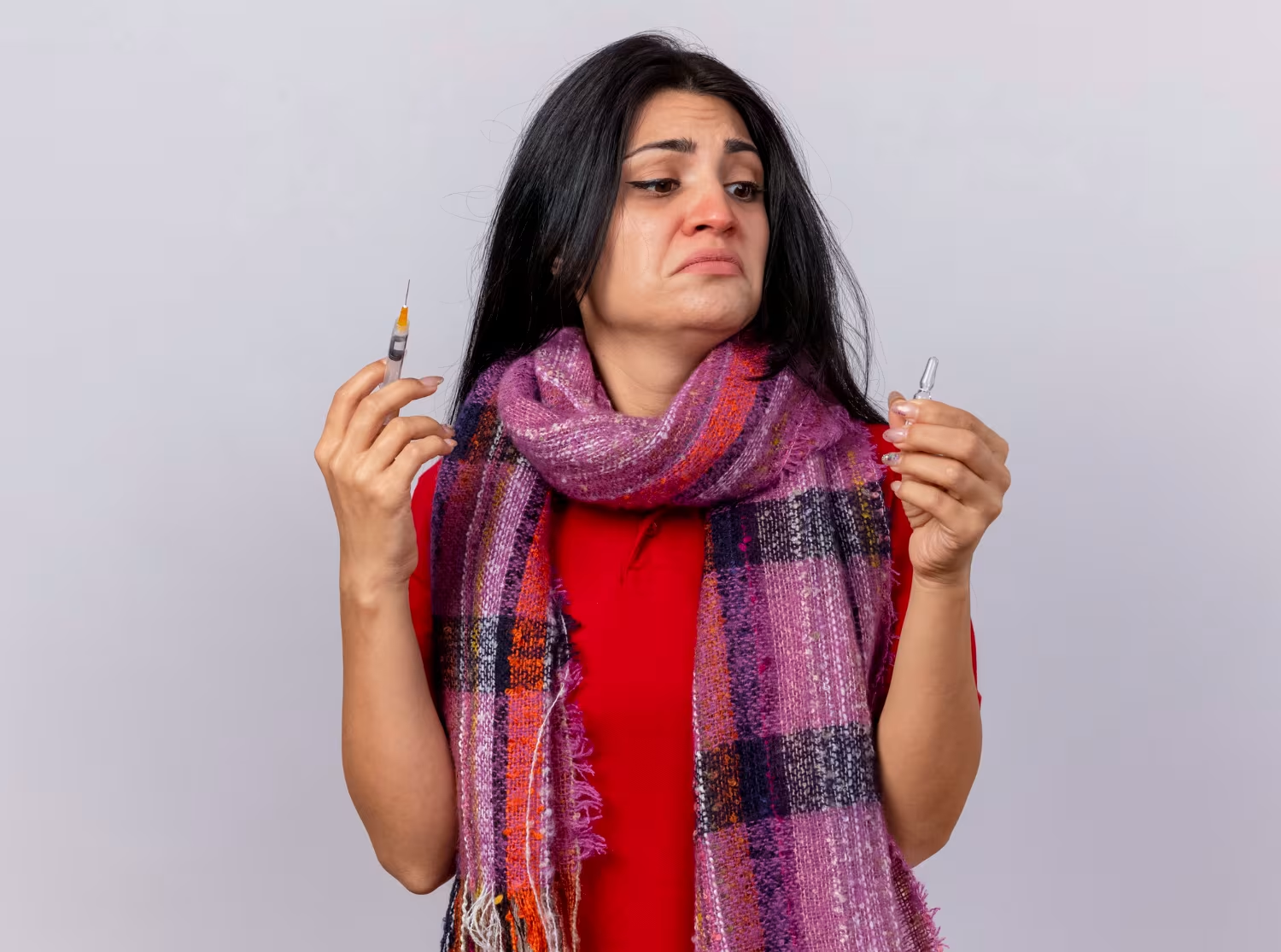
Sexual health is a critical aspect of overall well-being, yet it is often surrounded by misinformation and myths that can lead to unnecessary health risks. This article aims to clear up common misconceptions by debunking myths and reinforcing the truth with factual, reliable information. Understanding the facts can help promote safer and more informed decisions regarding sexual health.
Sexual health encompasses more than just the absence of disease or dysfunction; it includes a positive and respectful approach to sexuality and sexual relationships, as well as the possibility of having pleasurable and safe sexual experiences, free of coercion, discrimination, and violence. For individuals to achieve and maintain sexual health, they must be informed and empowered by credible sources. Proper sexual education is essential for everyone, enabling individuals to make informed choices about their sexual and reproductive health care.
Contrary to popular belief, sexually transmitted infections (STIs) can be transmitted through oral sex. Pathogens can enter the body through tiny cuts or abrasions in the mouth and throat.
Using two condoms at once, often called "double-bagging," actually increases the likelihood of condom breakage due to friction between them. Always use a single condom correctly for effective protection.
Many STIs do not produce noticeable symptoms, and an individual may look perfectly healthy despite having an infection. The only way to be sure of someone's STI status is through testing.
The withdrawal method, while better than no method, is significantly less effective at preventing pregnancy than other forms of contraception like condoms or birth control pills.
The HPV vaccine is recommended for everyone, regardless of gender, to prevent HPV-related diseases such as genital warts and certain types of cancer.
Debunking myths about sexual health is essential for maintaining a healthy sexual life. By educating ourselves and consulting professionals, we can ensure that our choices about sexual health are informed and safe. Remember, regular check-ups and screenings are vital, so consider booking an appointment with our clinic to discuss your sexual health in a supportive and confidential environment.


.jpeg)
.jpeg)
.jpeg)
